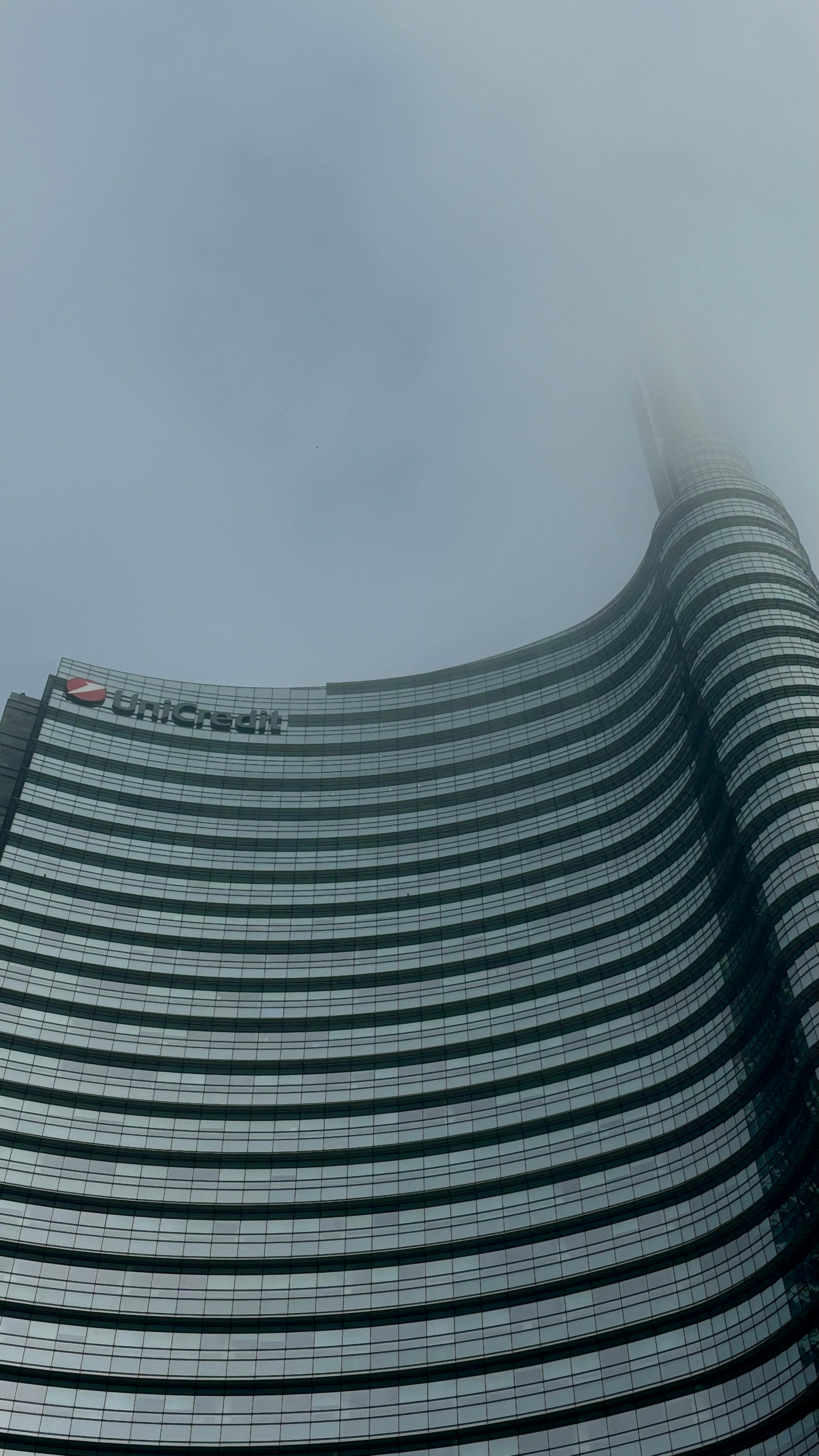UniCredit Raises Stake In Commerzbank To 28%: A Bold Takeover Bid Unfolds

UniCredit, one of Italy’s leading banks, has made a bold move to strengthen its position in the European banking landscape by increasing its stake in Commerzbank to 28%. This escalation signals UniCredit’s ambition to take over the German lender, a development that could reshape the region’s financial sector. With this significant step, the banking giant aims to solidify its market presence while navigating a range of challenges and opportunities.
Background on UniCredit and Commerzbank
UniCredit Overview
UniCredit is among Italy’s largest financial institutions, with a robust presence across Europe. Known for its strategic acquisitions, the bank has consistently sought to expand its footprint through cross-border ventures. Its latest move aligns with its history of leveraging opportunities to enhance its market influence.
Commerzbank Overview
Commerzbank, Germany’s second-largest lender, serves a wide customer base in retail and corporate banking. Despite its strong foundation, the bank has faced financial challenges in recent years, including restructuring efforts aimed at improving profitability. The institution remains a key player in the German banking sector, making it an attractive target for acquisition.
The relationship between the two banks has evolved over time, with UniCredit’s increasing interest reflecting its strategic goals.
Strategic Motivations Behind the Move
Market Expansion Goals
Acquiring Commerzbank would grant UniCredit access to Germany’s lucrative banking market, particularly its corporate banking sector. This move would enable UniCredit to diversify its portfolio and reduce reliance on existing markets.
Potential Synergies
The integration of Commerzbank’s operations with UniCredit’s could yield significant cost efficiencies. Combining their digital platforms, branch networks, and operational processes would strengthen their competitiveness and service offerings.
Timing of the Move
The timing appears strategic, with the European banking sector poised for consolidation in the wake of economic recovery post-pandemic. Favorable market conditions and regulatory openness further support UniCredit’s aggressive push.
Challenges and Risks
Regulatory Scrutiny
European and German regulators are likely to closely examine the proposed acquisition to ensure compliance with antitrust and competition laws. Meeting these requirements will be critical to the deal’s success.
Cultural and Operational Integration
Integrating two banks with distinct corporate cultures and operational systems poses a significant challenge. Aligning strategies and addressing potential resistance from employees and stakeholders will require careful management.
Market Reaction
Shareholders and analysts have expressed mixed reactions to the takeover bid. Concerns about the financial costs and potential overextension could impact market confidence.
Economic Risks
The global economy’s volatility, coupled with rising interest rates, could influence the profitability of the combined entity. UniCredit must navigate these uncertainties to achieve long-term success.
Implications for the Banking Sector
Impact on European Banking Consolidation
UniCredit’s move could accelerate consolidation within the European banking sector, encouraging other institutions to pursue mergers and acquisitions to remain competitive.
Competitive Landscape
If successful, the acquisition would reshape competition, creating a stronger pan-European player capable of challenging other major banks.
Cross-Border Banking Trends
This development underscores the importance of cross-border acquisitions in building resilient and scalable banking entities across Europe. It reflects a broader trend toward integration in the European financial market.
Expert Analysis and Commentary
Financial analysts have provided varied perspectives on UniCredit’s strategy. Some commend the move as a bold step toward European banking leadership, while others caution against the risks of overextension and integration challenges. Commerzbank’s management has yet to make a definitive statement on the increased stake, adding to the intrigue surrounding the takeover.
Conclusion
UniCredit’s decision to raise its stake in Commerzbank to 28% marks a pivotal moment in European banking. By pursuing this takeover, UniCredit aims to expand its market presence and drive efficiencies, while also facing significant regulatory, cultural, and economic challenges. The outcome of this bold bid will have far-reaching implications for the European banking landscape and could serve as a blueprint for future cross-border consolidation efforts. As the situation unfolds, the financial world will be closely watching UniCredit’s next moves.
Author: Brett Hurll
Stablecoin The Future Of Currency?
The payments system is undergoing a quiet but consequential shift. What was once the exclusive preserve of central banks... Read more
BoE Loosens Capital Rules
The Bank of England has taken a significant step towards easing post-crisis regulation by lowering its estimate of the c... Read more
Monzo Looks For US Banking License
Monzo is preparing a renewed push to secure a US banking licence, four years after abandoning its first attempt when tal... Read more
Crypto Firms Push Into US Banking
America’s cryptocurrency companies are scrambling to secure a foothold in the country’s traditional banking system, ... Read more
Parallel Banking: Stablecoins Are Now Global
Parallel Banking: How Stablecoins Are Building a New Global Payments SystemStablecoins—digital currencies pegged to tr... Read more
JPMorgan Deploys AI Chatbot To Revolutionize Research And Productivity
JPMorgan has deployed an AI-based research analyst chatbot to enhance productivity among its workforce, with approximate... Read more

